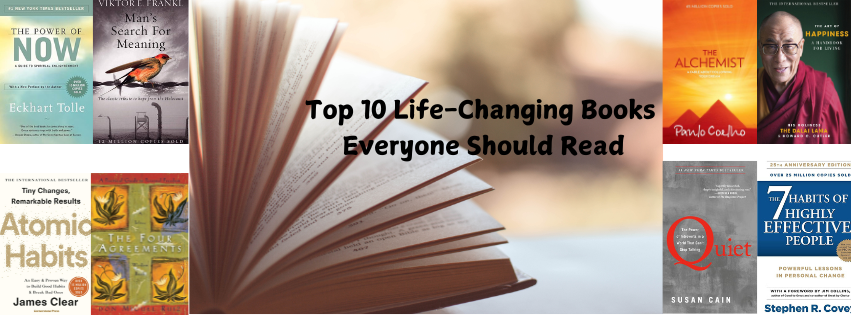As humans, we all have a natural need for sleep, but unfortunately, many of us struggle to get the amount and quality of rest we need. Poor sleep can have a wide range of negative effects on our physical and mental health, including increased risk of chronic diseases, impaired cognitive function, and decreased mood and energy levels.

One approach that has become increasingly popular in recent years is using meditation and relaxing music to promote better sleep. Meditation involves focusing the mind on a particular thought, feeling, or activity in order to achieve a state of mental calmness and relaxation. Relaxing music, on the other hand, can help to create a soothing atmosphere and stimulate the body’s natural relaxation response.
Research has shown that both meditation and relaxing music can have a positive impact on sleep quality and duration. For example, a study published in the Journal of Clinical Sleep Medicine found that participants who listened to relaxing music before bed experienced improvements in sleep quality and quantity compared to those who did not listen to music.
Similarly, a study published in the Journal of Alternative and Complementary Medicine found that practicing mindfulness meditation was effective in improving sleep quality and reducing symptoms of insomnia. Participants in this study reported falling asleep more quickly, staying asleep longer, and feeling more rested and refreshed upon waking.
So, how exactly does meditation and relaxing music promote better sleep? One theory is that these techniques help to activate the body’s relaxation response, which can counteract the effects of stress and anxiety that often interfere with sleep. By quieting the mind and reducing feelings of tension and arousal, we are better able to let go of our worries and drift off into a restful slumber.
Additionally, meditation and relaxing music can help to regulate the body’s circadian rhythm, which is the internal “clock” that controls our sleep-wake cycle. By creating a consistent bedtime routine that includes meditation or listening to relaxing music, we can signal to our body that it’s time to wind down and prepare for sleep.
Of course, it’s important to note that not all types of meditation and music are equally effective for promoting sleep. For example, some types of meditation may be too stimulating or energizing, while certain types of music may be too loud or distracting. It’s important to find what works best for you and experiment with different techniques until you find a routine that helps you get the restful sleep you need.
In addition to meditation and relaxing music, there are a variety of other lifestyle factors that can impact our sleep quality, including diet, exercise, and stress management. By adopting healthy habits and creating a supportive sleep environment, we can improve our chances of getting the restful, restorative sleep we need to live our best lives.
Here are some tips for using meditation and relaxing music to promote better sleep:
Find a quiet, dark space: To minimize distractions, try to create a sleep environment that is as quiet and dark as possible. This can help to reduce feelings of stress and anxiety and promote a more restful state of mind.
Experiment with different types of music and meditation: There are many different types of music and meditation available, and it’s important to find what works best for you. Some people prefer nature sounds like ocean waves or rainforest ambience, while others may find instrumental music like piano or flute music to be more relaxing. Similarly, there are many different types of meditation, such as mindfulness meditation, visualization, and breathing exercises.
Create a consistent bedtime routine: By creating a consistent bedtime routine that includes meditation or relaxing music, we can signal to our body that it’s time to wind down and prepare for sleep. Try to go to bed and wake up at the same time each day, even on weekends, to help regulate your body’s natural sleep-wake cycle.
Use headphones: To enhance the calming effects of music or guided meditation, consider using headphones. This can help to block out external noise and create a more immersive experience.
Practice regularly: Like any new habit, it may take some time to see the benefits of meditation and relaxing music on your sleep. Consistency is key, so try to practice regularly and make it a part of your daily routine.
Combine with other healthy habits: While meditation and relaxing music can be powerful tools for promoting better sleep, they work best when combined with other healthy habits. This includes things like eating a balanced diet, getting regular exercise, and practicing stress management techniques like deep breathing or yoga.
In conclusion, using meditation and relaxing music can be a simple and effective way to promote better sleep and improve overall health and wellbeing. By creating a calming sleep environment and adopting healthy sleep habits, we can unlock the power of restful, restorative sleep and live our best lives. So why not give it a try tonight and see how it works for you?










